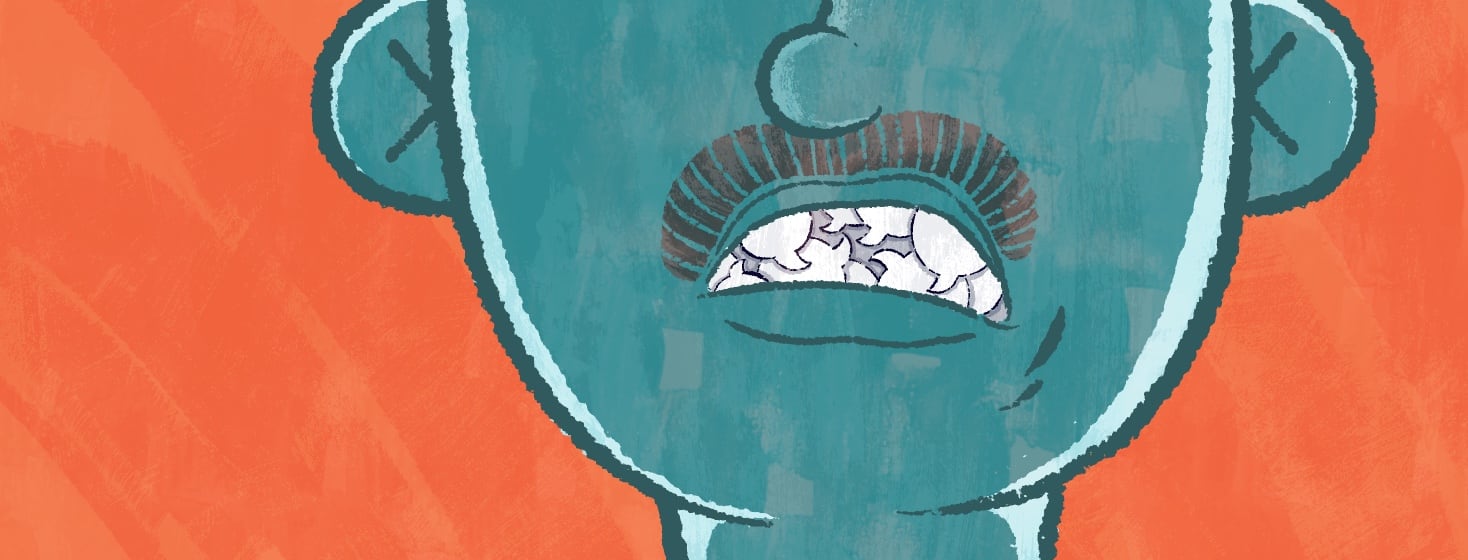Why Is It So Difficult to Talk About Having RA?
I recognize the irony in actually writing this question here - this is a forum to read articles and engage in conversations about having rheumatoid arthritis (RA). But something I've been thinking about lately is: Why is it so difficult to talk about having RA?
Talking to others about RA is hard
Context is really important here because it is easy to talk about having RA with other people who have RA or a chronic illness.
But it's a profoundly different experience trying to talk about your RA experience with someone who has no idea what it's like to have a chronic illness (or to even know someone who has one).
What is the reason for this and where does this come from? This is what I want to explore in this article today.
How an RA diagnosis has changed me
Being diagnosed with RA and, therefore, having it is a life-changing experience.
It changes your whole constitution, your mindset, and your expectations; this can be in both good and bad ways.
Coming to terms with limitations
Even before being diagnosed, you quickly find out that you can no longer do the things that you were once able to do, which is something I’ve been trying to deal with profusely - it’s been the hardest thing to come to terms with.
I so much wanted to live the life that I had before being diagnosed but two and half years of having RA has made me realize that that is not possible at all. So not only am I physically limited by this disease, but I also find myself emotionally stunted, as well.
Recognizing the nuances of other people's lives
Even with this though, I found that I have had greater attention to nuance and interpersonal understanding since being diagnosed with RA.
Maybe some of it is just growing older, but I feel that the nuance needed to incorporate RA into my everyday life has given me an awareness of other people's nuances and intricacies in their own lives.
Do our nuances make it hard to relate?
The problem then might be that attention to others' nuances can paradoxically make it difficult to relate to one another because we start to realize how different we are from each other and our experiences — even when we have the same chronic illness.
It's one thing to relate to one another and another thing to fully understand where one is coming from.
Even 2 people who have RA will have wildly different experiences with the disease and communicating through that common channel - RA - proves difficult because RA is inherently variable.
Acknowledging that our experiences are different
But that's assuming that the other person has RA. When someone doesn't have RA or any chronic illness, it can be hard to explain the level of fatigue, pain, and exhaustion that comes with a chronic illness.
"I'm so tired" is coded differently when said by me than from someone who doesn't have a chronic illness because there's a difference between chronic illness fatigue and simply just being tired.
Sharing experiences without invalidating others
But, expressing that thought can be difficult because it can come across as invalidating the other person's fatigue.
When in reality, it's more about expressing an experience that often isn't considered within the normally characterized healthy and able-bodied world.
That's not what I'm about expressing here. Rather, I simply want to communicate how different our experiences can be AND how that is okay. But, this is difficult to do.

Join the conversation